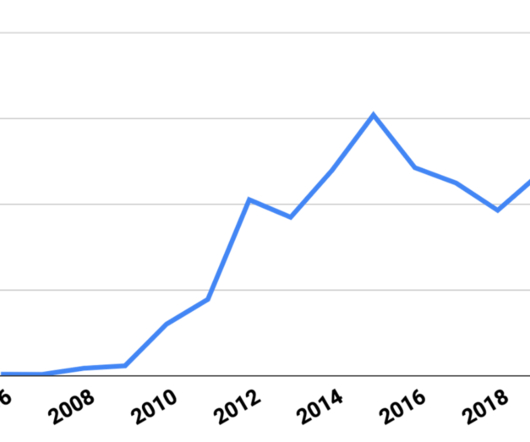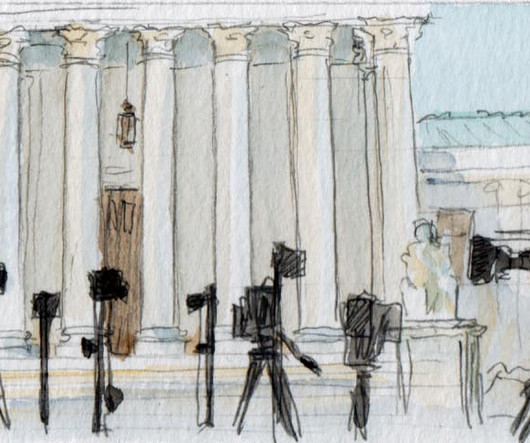Guest Post: Third-Party Litigation Funding: Disclosure to Courts, Congress, and the Executive
Patently O
FEBRUARY 22, 2023
ten years ago—at least in part due to longstanding common law rules on champerty, maintenance, [3] and patent law’s relative high risk—today third-party litigation funding (TPLF) [4] undergirds about 30% of all patent litigation, by conservative estimates. [5] Patent assertion finance today is a multibillion-dollar business. [2]













Let's personalize your content